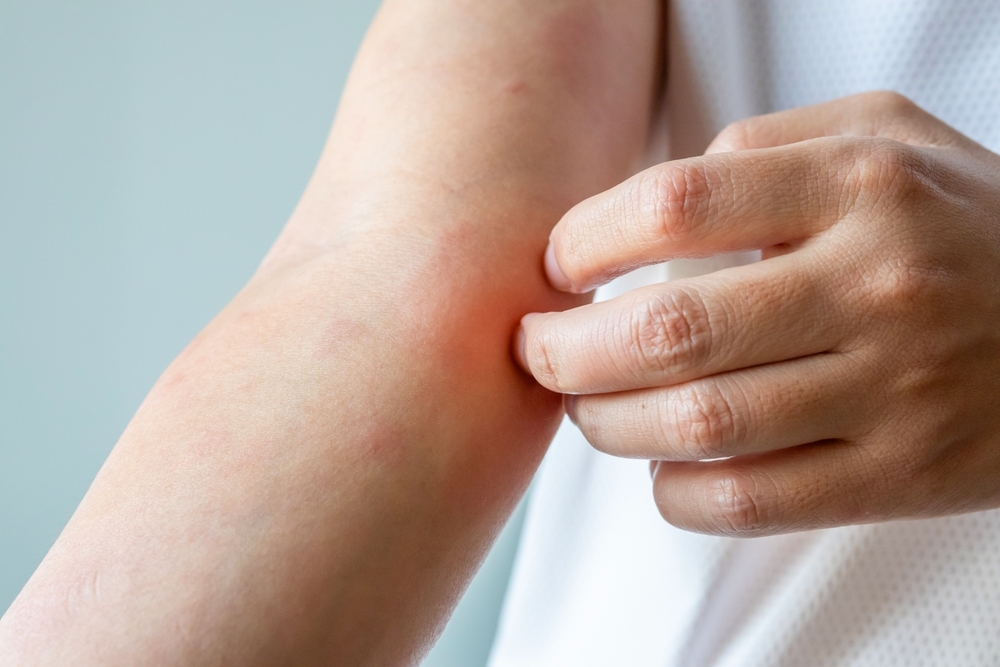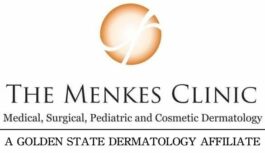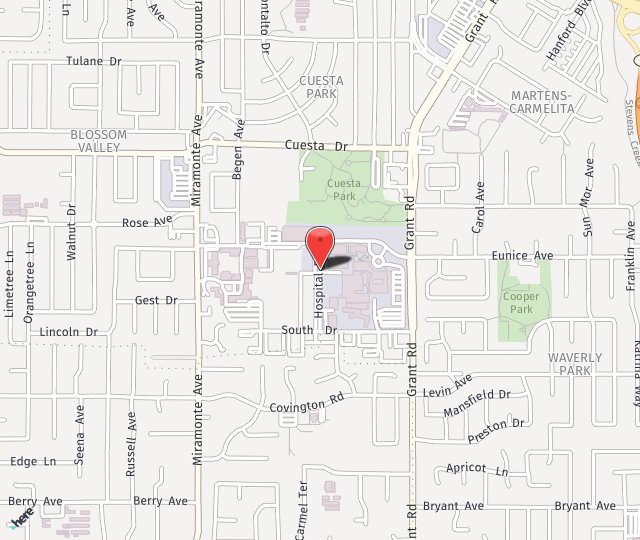Living with eczema can be challenging. It can cause a variety of symptoms, ranging from mild irritation to severe, persistent inflammation that disrupts daily life.
While prescription treatments and medical therapies remain the gold standard, many patients are interested in exploring natural remedies they can use in addition to their existing treatment plans or to provide relief for milder symptoms. These remedies often focus on reducing inflammation, strengthening the skin barrier, and addressing underlying triggers that can worsen eczema flare-ups.
Keep reading to discover seven evidence-based natural remedies that may help manage your eczema symptoms and improve your overall skin health.
What Is Eczema and Why Does It Occur?

Eczema, also known as dermatitis, is a condition where skin becomes inflamed due to irritation from harsh soaps or chemicals, or from allergens that trigger individual sensitivities. The most common form is atopic dermatitis, which occurs in people who have a personal or family history of asthma, hay fever, or eczema.
Atopic dermatitis causes extremely sensitive and dry skin with an impaired protective barrier to the environment, resulting in worsened itching and rash development. This compromised barrier function allows moisture to escape more easily while permitting irritants and allergens to penetrate deeper into the skin layers.
How Can Natural Remedies Help with Eczema?
Natural remedies work by addressing various aspects of eczema, from reducing inflammation and soothing irritated skin to strengthening the skin barrier and supporting overall skin health. Many natural approaches focus on gentle, non-irritating ingredients that can be used safely alongside conventional treatments without causing additional skin sensitivity.
These remedies often contain compounds with anti-inflammatory, antimicrobial, or moisturizing properties that help calm active flare-ups and prevent future outbreaks. Here are some options:
1. Oatmeal Baths and Topical Applications
Colloidal oatmeal has been is often considered a safe and effective ingredient for treating eczema and other inflammatory skin conditions. The compounds found in oats provide anti-inflammatory and moisturizing benefits that can significantly reduce itching and irritation during flare-ups.
You can create an oatmeal bath by grinding plain, unflavored oats into a fine powder and adding it to lukewarm water, then soaking for 10-15 minutes before gently patting your skin dry. Regular oatmeal treatments can help restore the skin’s pH balance and provide a protective barrier that locks in moisture.
Many people find that incorporating oatmeal baths into their routine 2-3 times per week helps prevent flare-ups and maintains healthier skin between active outbreaks.
2. Coconut Oil for Skin Barrier Support
Virgin coconut oil contains lauric acid which can provide both antimicrobial and anti-inflammatory properties beneficial for eczema management. The oil’s natural composition allows it to penetrate the skin effectively while creating a protective layer that helps prevent moisture loss and bacterial overgrowth.
Apply a thin layer of virgin coconut oil to slightly damp skin after bathing to maximize absorption and hydration benefits.
Dr. David M. Pilkington, a dermatologist at Golden State Dermatology, shares his perspective on natural moisturizing approaches:
“Coconut oil can be an excellent addition to an eczema management routine, particularly for patients looking for natural moisturizing options. The key is using high-quality, unrefined virgin coconut oil and applying it to slightly damp skin to enhance absorption. While it works well for many patients, it’s important to patch-test any new product first, as some people with eczema can be sensitive to coconut oil. We often recommend incorporating it gradually into a comprehensive skincare routine that includes gentle cleansing and other proven treatments.”
3. Honey as a Natural Healing Agent
Manuka honey, in particular, has demonstrated significant antimicrobial and anti-inflammatory properties that make it valuable for treating eczema-related skin damage and preventing secondary infections. The honey’s unique compounds can help speed wound healing while providing gentle moisture to damaged skin areas.
Medical-grade honey products are specifically designed for topical use and undergo processing to ensure safety and consistency for wound care applications. You can apply a thin layer of medical-grade honey to clean, affected areas and cover with a sterile bandage, leaving it on for several hours or overnight for maximum benefit.
Regular use of honey treatments may help reduce the severity of flare-ups and promote faster healing of cracked or damaged skin. Always choose medical-grade or high-quality Manuka honey rather than regular commercial honey for therapeutic purposes.
4. Probiotics for Internal Support
Emerging research suggests that gut health plays a significant role in eczema development and severity, with many people with eczema showing imbalances in their intestinal microbiome. Probiotic supplements containing specific strains may help modulate immune responses and reduce eczema severity over time.
James Kilgour, MD at Golden State Dermatology in Sacramento, explains the role of probiotics in eczema management:
“The relationship between gut health and eczema is fascinating and continues to evolve as we learn more about the microbiome’s impact on immune function. Many of our patients have found that incorporating specific probiotic strains can complement their topical treatments and help reduce flare-up frequency. However, it’s important to choose high-quality supplements with clinically studied strains and to be patient, as improvements typically develop gradually over several months. We recommend discussing probiotic use with your healthcare provider to ensure it fits appropriately into your overall treatment plan.”
5. Evening Primrose Oil and Omega Supplements
Evening primrose oil contains an omega-6 fatty acid that may help reduce inflammation and improve skin barrier function in some people with eczema. Omega-3 fatty acids from fish oil or algae supplements may also provide anti-inflammatory benefits that support overall skin health and eczema management. The combination of omega-3 and omega-6 fatty acids helps maintain proper cell membrane function and supports the skin’s natural healing processes.
6. Aloe Vera for Soothing Relief

Pure aloe vera gel provides cooling, anti-inflammatory relief that can help calm active eczema flare-ups and reduce redness and itching. Choose 100% pure aloe vera gel without added fragrances, colors, or alcohol, as these additives can further irritate sensitive eczema-prone skin.
Apply a thin layer to clean, affected areas 2-3 times daily, or store the gel in the refrigerator for additional cooling relief during particularly uncomfortable flare-ups.
7. Stress Management and Lifestyle Approaches
Chronic stress can significantly worsen eczema symptoms by triggering inflammatory responses and compromising immune function. Incorporating stress-reduction techniques such as meditation, yoga, deep breathing exercises, or regular physical activity can help break the stress-eczema cycle and improve overall skin health.
Sleep quality also plays a crucial role in eczema management, as poor sleep can worsen inflammation and reduce the body’s ability to heal damaged skin. Creating a consistent bedtime routine, maintaining a cool, comfortable sleeping environment, and using gentle, fragrance-free bedding can help improve both sleep quality and eczema symptoms.
If you have questions about your skin, schedule an appointment at The Menkes Clinic today!

